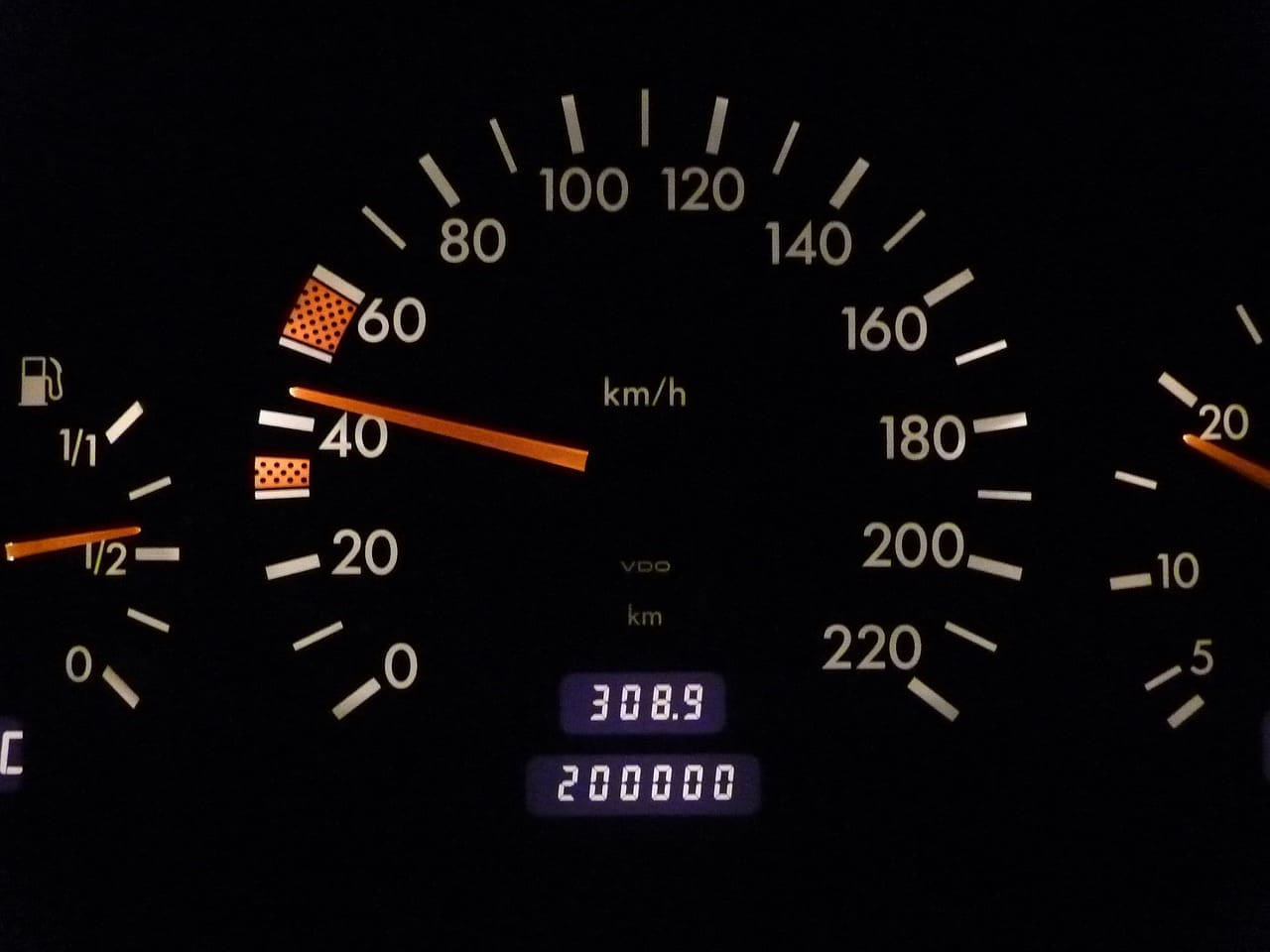Welcome to a helpful guide on the best ways to increase gas mileage in your Ford. By following some simple tips and tricks, you can make your vehicle more fuel-efficient and save money at the gas pump. From proper maintenance and tire care to adjusting your driving habits, these strategies will help you get the most out of every gallon of gas in your Ford. Stay tuned to learn how you can improve your gas mileage and drive more efficiently.
Best Ways To Increase Gas Mileage In Your Ford
Are you looking to save more money at the pump and increase the fuel efficiency of your Ford vehicle? Look no further! In this article, we will discuss the best ways to improve gas mileage in your Ford. By following these tips, you will not only save money but also reduce your carbon footprint. Let’s dive in!
Regular Maintenance and Tune-Ups
One of the best ways to ensure that your Ford is running efficiently is by keeping up with regular maintenance and tune-ups. By taking care of your vehicle, you can improve gas mileage and extend the lifespan of your car. Make sure to schedule regular oil changes, check and replace air filters, spark plugs, and fluids as recommended by your owner’s manual.
Tire Pressure
Maintaining the correct tire pressure in your Ford is crucial for improving gas mileage. Under-inflated tires can reduce fuel efficiency and cause uneven wear on your tires. Make it a habit to check your tire pressure at least once a month and before long trips. The recommended tire pressure can usually be found on a sticker inside the driver’s side door or in the owner’s manual.

Optimal Driving Habits
Your driving habits play a significant role in your Ford’s fuel efficiency. Avoid aggressive driving, excessive idling, and speeding, as these can all contribute to poor gas mileage. Smooth acceleration and deceleration, driving at a steady speed, and using cruise control on the highway can all help improve fuel economy.
Lighten Your Load
Carrying around unnecessary weight in your Ford can negatively impact gas mileage. Remove any items from your trunk or roof rack that you don’t need for your journey. Extra weight requires more fuel to move, so keep your vehicle as light as possible to improve fuel efficiency.

Utilize the Right Fuel
Using the manufacturer’s recommended fuel for your Ford can also help improve gas mileage. Premium fuel may not always be necessary and using regular unleaded fuel can save you money at the pump. Check your owner’s manual to see what type of fuel is recommended for your specific Ford model.
Improve Aerodynamics
Aerodynamic drag can reduce fuel efficiency, especially at higher speeds. To reduce drag and improve gas mileage, make sure your Ford has a smooth exterior by removing any accessories like roof racks or spoilers when not in use. Keeping your windows closed at higher speeds can also help.

Plan Your Trips Wisely
Consolidating your errands and planning your trips efficiently can help you save both time and money. By reducing the number of short trips you take and combining errands into one outing, you can minimize unnecessary driving and improve gas mileage. Consider using navigation apps that offer real-time traffic updates to avoid congested routes.
Use the Right Motor Oil
Choosing the right motor oil for your Ford can also impact gas mileage. Using the manufacturer’s recommended grade of motor oil can help reduce friction and improve fuel economy. Make sure to regularly change your oil according to the manufacturer’s recommendations to keep your engine running smoothly.

Invest in Fuel-Efficient Tires
Upgrading to fuel-efficient tires can also help you improve gas mileage in your Ford. Low rolling resistance tires are designed to reduce friction and improve fuel economy. While these tires may be more expensive upfront, the long-term savings in fuel costs can make them a worthwhile investment.
Limit Use of Air Conditioning
Using the air conditioning in your Ford can increase fuel consumption, especially at lower speeds. To improve gas mileage, consider using the air conditioning sparingly and opt for natural ventilation when possible. Parking in the shade and using sunshades can help keep your car cool without relying on the AC.

Monitor Fuel Economy
Keeping track of your Ford’s fuel economy can help you identify changes in gas mileage and troubleshoot any underlying issues. Most modern vehicles are equipped with fuel economy displays that show real-time MPG readings. Take note of any drastic changes in fuel economy and address them promptly to maintain optimal gas mileage.
Consider Eco-Driving Apps
Eco-driving apps can help you optimize your driving habits and improve gas mileage in your Ford. These apps provide real-time feedback on your driving behavior, such as acceleration, braking, and speed. By following the app’s guidance, you can achieve better fuel efficiency and save money on gas.
Implementing these tips and best practices can help you increase gas mileage in your Ford and save money on fuel costs in the long run. By taking care of your vehicle, driving smartly, and making small changes to your driving habits, you can improve fuel efficiency and reduce your environmental impact. So, what are you waiting for? Start implementing these strategies today and enjoy the benefits of a more fuel-efficient Ford!

